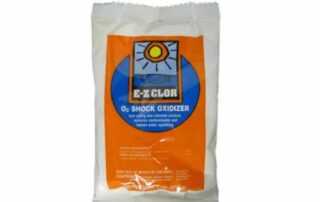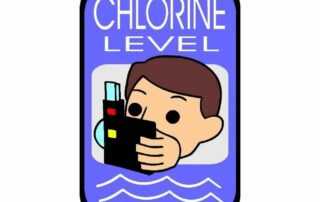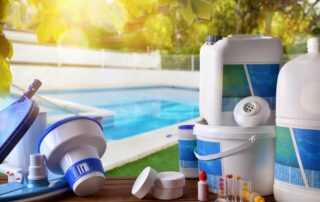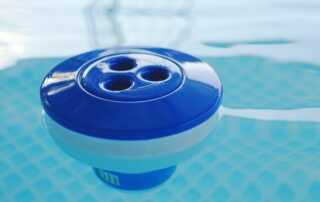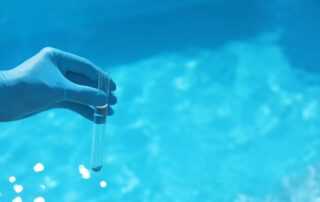Why Shock My Pool?
Most of the time your pool needs to be shocked due to CHLORAMINES which is Combined Chlorine <CAC> - it is hypochlorous acid combined with nitrogen compounds such as ammonia in a very strong bond. Chloramines are formed many ways but the most unwanted is when chlorine in your pool tries to destroy "PHOSPHATES" that are in your pool water, the more of one bad thing you have the more the other you get. With [...]


